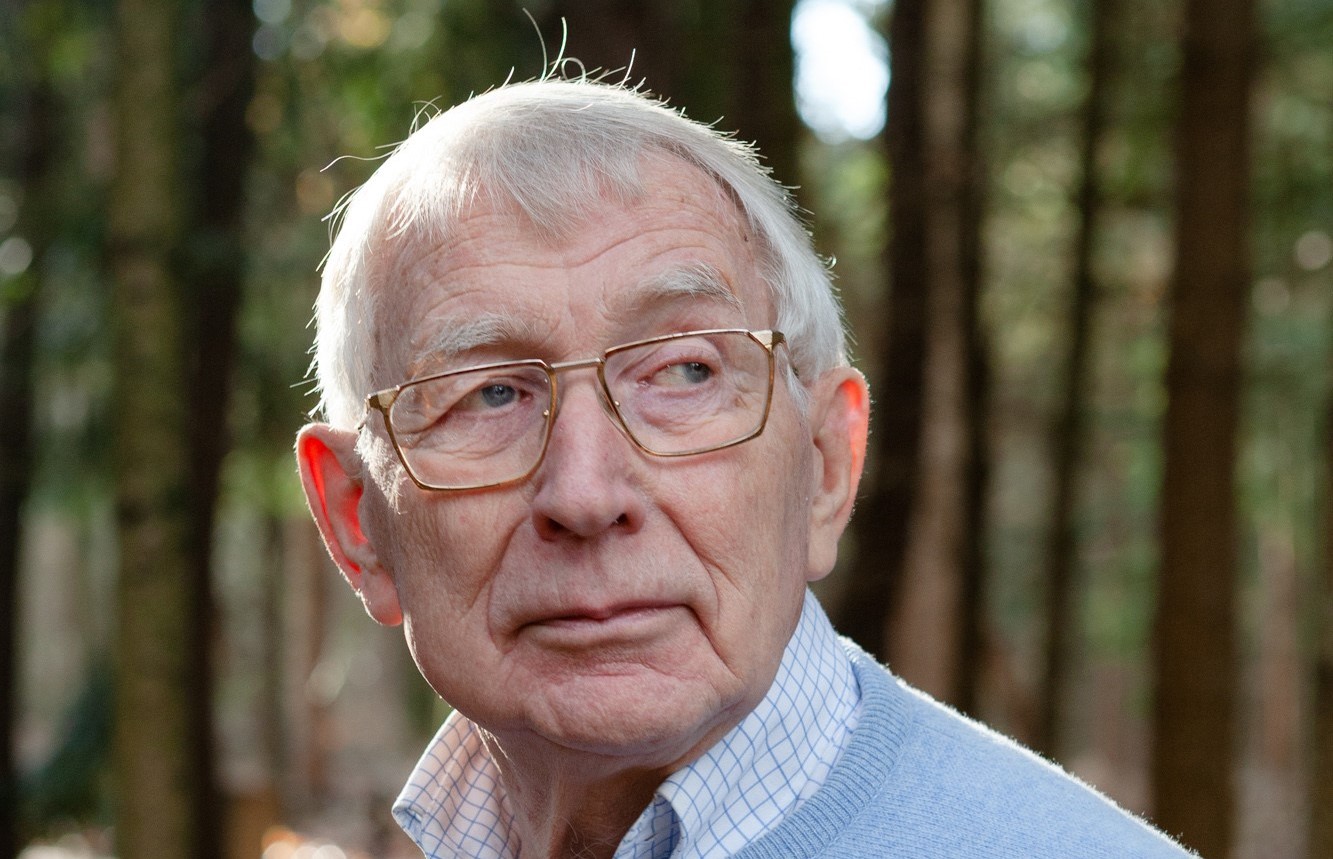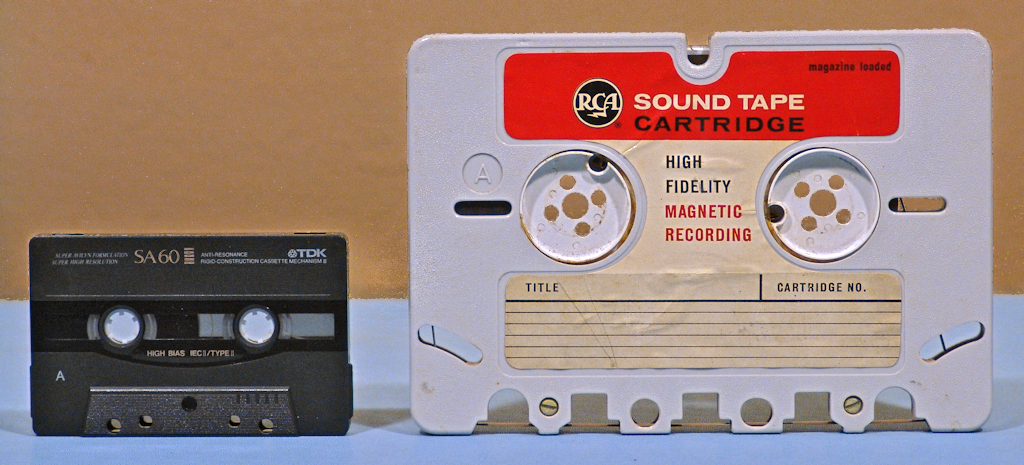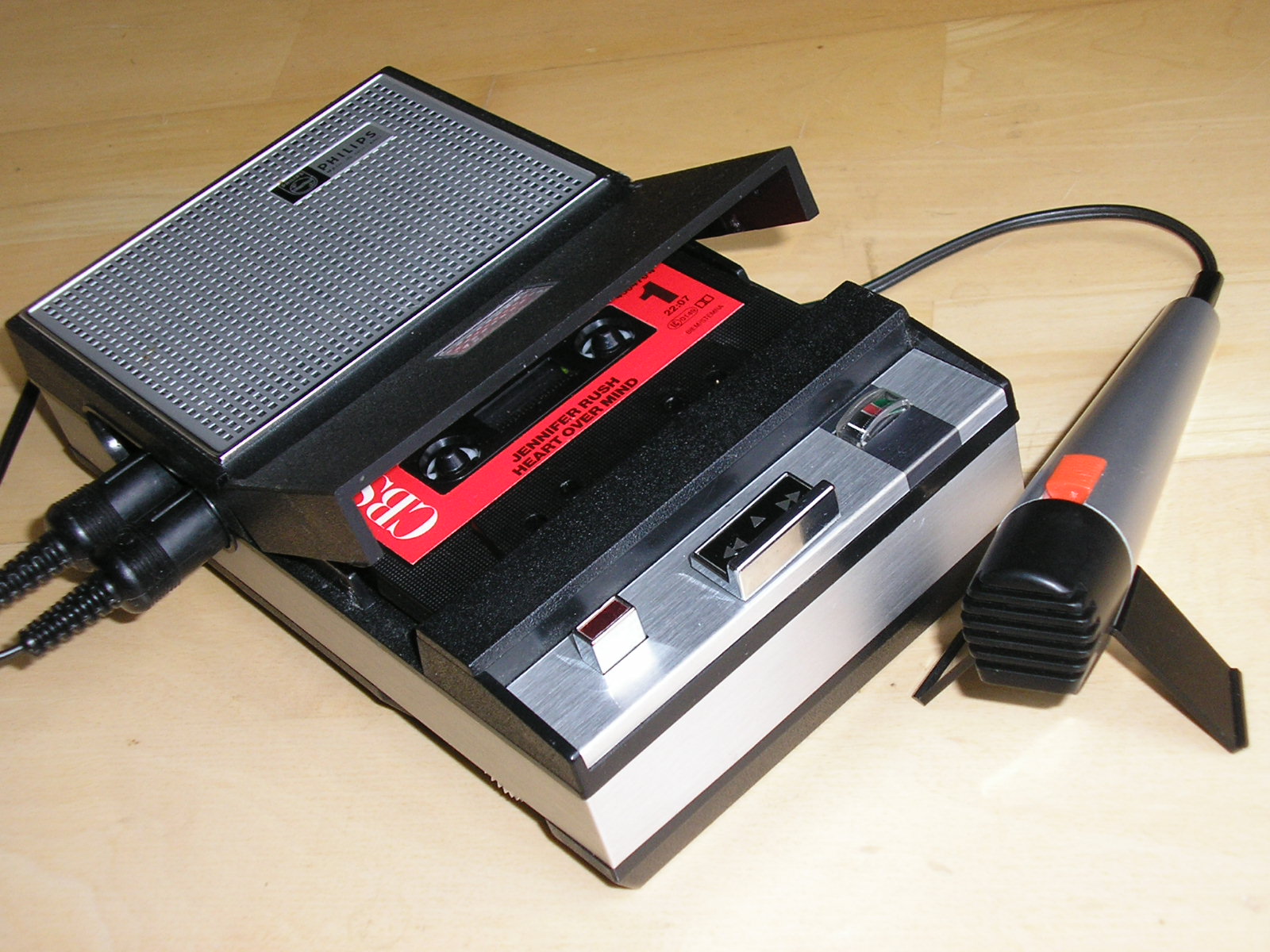Lou Ottens, inventor of the cassette tape, has died at 94
“We were little boys who had fun playing. We didn’t feel like we were doing anything big.”

Lou Ottens, the Dutch engineer who invented the cassette tape and collaborated on the creation of the CD format, has died at the age of 94.
Born on June 21, 1926, Ottens' teenage years coincided with the second World War and Germany's occupation of the Netherlands. An early glimpse of his talent was when the young man built a radio through which he and his parents could receive Radio Oranje (a Dutch-language BBC broadcast to the German-occupied Netherlands), featuring a directional antenna to avoid Nazi jammers (which he nicknamed the 'Germanenfilter').
After the war, Ottens studied engineering and, after receiving his degree, started work at Philips in 1952. By 1960 he was head of product development, and within a year his department had created the company's first portable reel-to-reel tape recorder (the EL 3585). But this technology also frustrated Ottens: "I got annoyed with the clunky, user-unfriendly reel-to-reel system, it’s that simple", he would later recall.
Ottens and his team began working on a new type of tape system, and he had a principle that this new format should be small enough that it could fit in an inside jacket pocket. He had a prototype carved of wood to demonstrate the desired form factor. At some point in 1962 the cassette tape was invented, officially called the Compact Cassette, and in 1963 was first shown in public at a Berlin electronics fair. In something of a sign of the times, the advertising slogan for the cassette tape boasted that it was "smaller than a pack of cigarettes!"

The cassette tape would revolutionise the sharing, portability, and ease of recording music: as well as delivering a sound that Ottens preferred to vinyl. No-one really knows how many cassette tapes have been produced or sold: the BBC estimates over 100 billion but the only true answer is a hell of a lot. On the technology's 50th anniversary, Ottens told Time magazine that it had been "a sensation" from day one.
"Lou was an extraordinary man who loved technology, even as his inventions had humble beginnings," Philips Museum Director Olga Coolen told NPR. She also mentions the original wooden cassette prototype's fate, which "was lost when Lou used it to prop up his jack while change a flat tire."
The invention's brilliance led to a flood of substandard copies emerging from Japan's growing tech industry, at which point Ottens and Philips teamed-up with Sony to establish the Philips mechanism as the industry standard. This partnership would eventually lead to the next great leap in consumer audio technology: during the 1970s Ottens, now the director of audio at Philips' NatLab (a world-leading research lab behind countless technologies), would be involved in the creation of the CD. In collaboration with Sony, in 1980 the 12cm Philips-Sony CD standard was created, and over 1982/3 would launch worldwide and have success that surpassed even that of cassette tapes.
Keep up to date with the most important stories and the best deals, as picked by the PC Gamer team.
The nature of an invention like the cassette tape is that its brilliance intersects with human ingenuity. I loved tapes when I was a boy because of the Spectrum 48K, a machine that had a tape-loading deck, and on which games could be copied relatively easily. The kids at school who had access to a dual-deck tape machine and understood how to fix the volume levels when recording were legendary: a few of us had Spectrums and any new game was soon copied to death, passed around the playground in cases with bad biro drawings of Batman or Dizzy.
Having that tape in your school bag was like going home with a treasure box. You'd stick it in the Speccy, say a little prayer, and wait to see what new frontiers were inside. It's no exaggeration to say that tapes were how I got my videogame education.

I doubt Ottens ever conceived of, or would have condoned, co-ordinated Spectrum piracy among Scottish schoolboys, but that's the beauty of an invention like this. Who knows how many stories like that are out there, or what memories people have bound-up in these flat little cuboids.
Ottens' only career regret was that Sony invented the Walkman: "It still hurts that we didn’t have one." Modest about his own impact on the world, he had little time for the current resurgence of cassette tapes, having the engineer's respect for the technologies that had improved upon and superseded it.
Of his achievements, Ottens said: “We were little boys who had fun playing. We didn’t feel like we were doing anything big. It was a kind of sport.”
Lou Ottens: born 21 June 1926 in Bellingwolde in the Netherlands; died 6 March 2021 at home in the village of Duizel, in North Brabant.

Rich is a games journalist with 15 years' experience, beginning his career on Edge magazine before working for a wide range of outlets, including Ars Technica, Eurogamer, GamesRadar+, Gamespot, the Guardian, IGN, the New Statesman, Polygon, and Vice. He was the editor of Kotaku UK, the UK arm of Kotaku, for three years before joining PC Gamer. He is the author of a Brief History of Video Games, a full history of the medium, which the Midwest Book Review described as "[a] must-read for serious minded game historians and curious video game connoisseurs alike."

